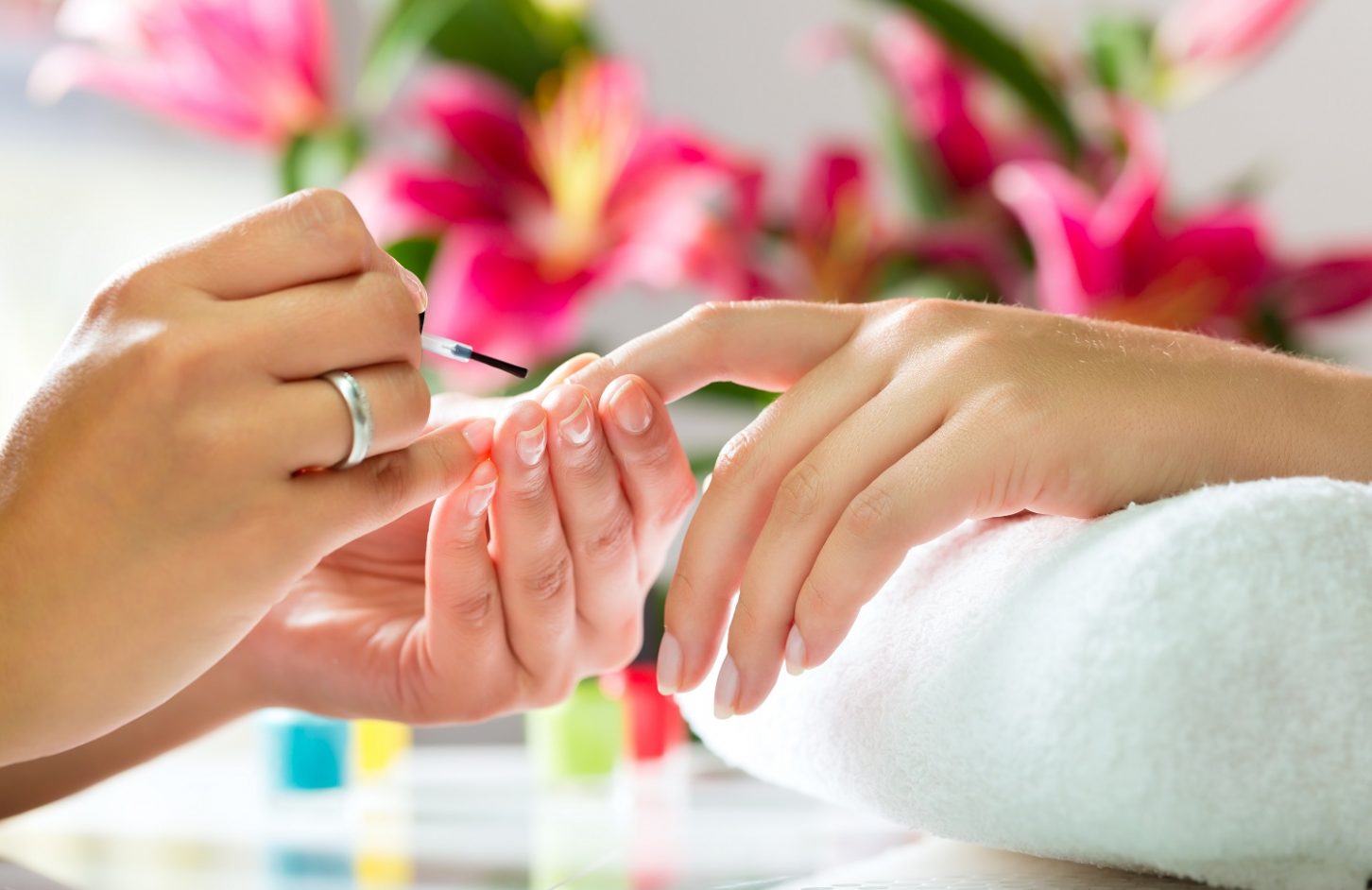The fact the average British female spends an estimated £140,000 on hair and beauty in her lifetime indicates we’re a pretty vain nation. Add to this the rise in popularity of male grooming and it’s no surprise the beauty industry was worth £16.6bn to the UK economy in 2014, according to research by Mintel.
With endless hair and beauty products and services becoming more readily available through a multitude of technological platforms, this figure is only set to rise in the near future.
Innovation
Tech has already revolutionised many industries, such as the food delivery space (Deliveroo) and the taxi industry (Uber). On-demand allows users to order what they want when they want, changing the way industries operate by maximising ease, efficiency, consumer reach and profits....

